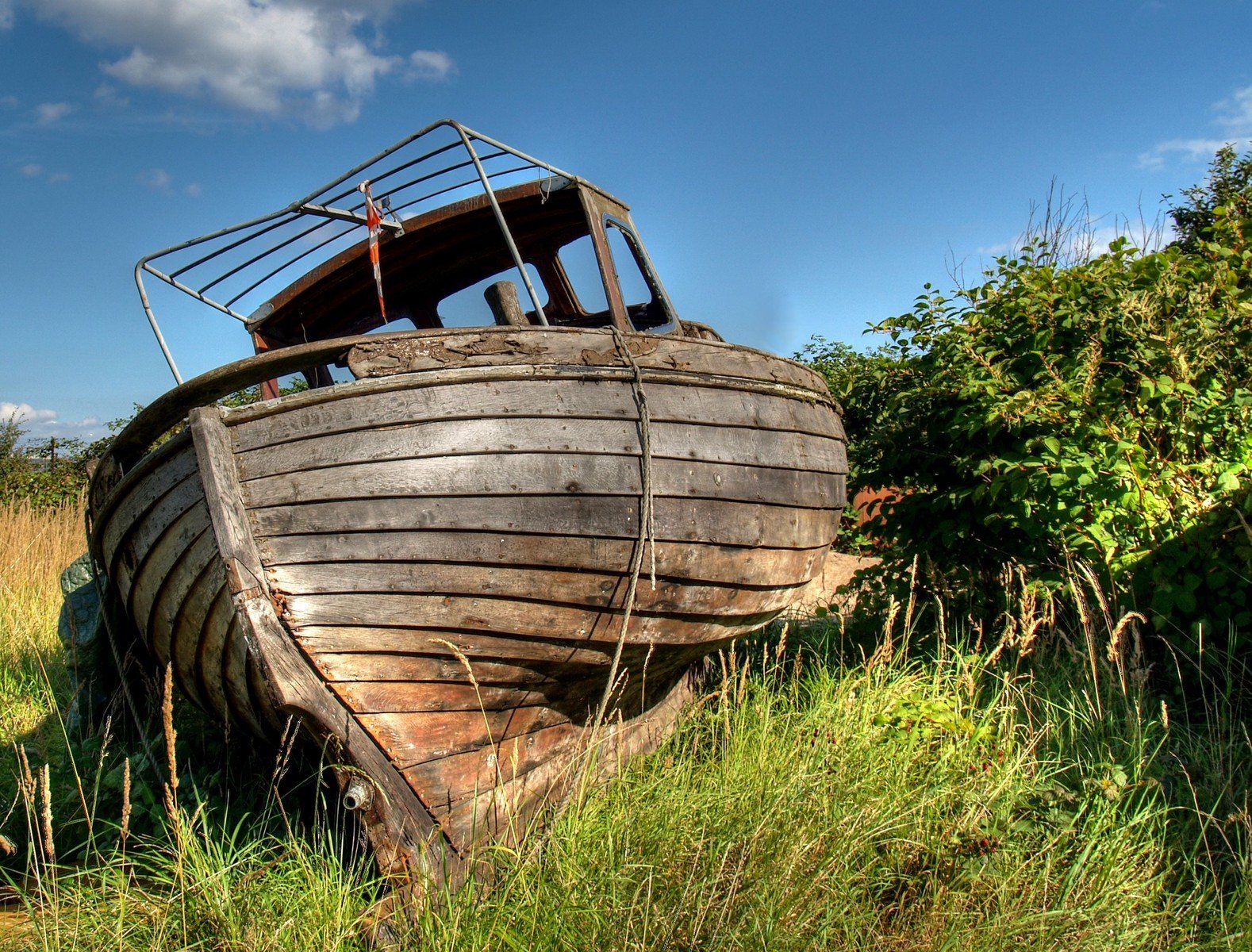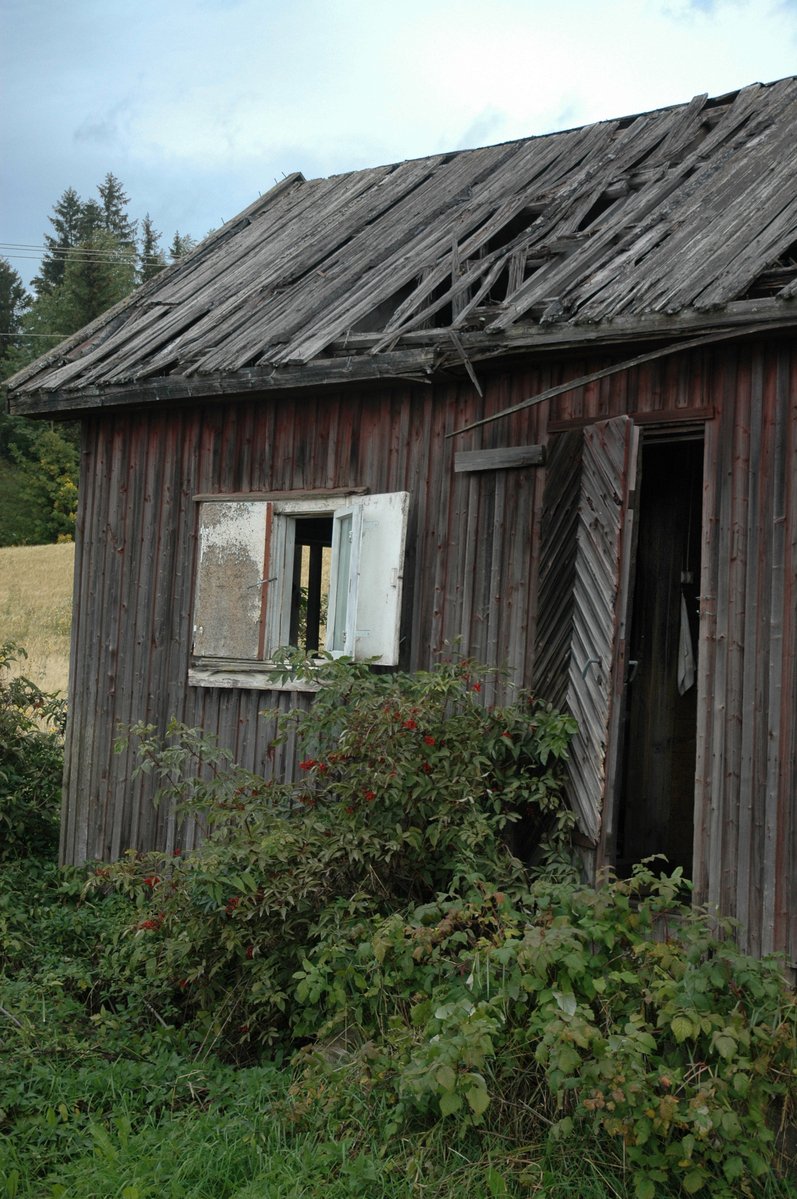

THE 'news' houses were never brilliant. Their rich owners had agenda and they were always tempted to use these houses to propel them to power (or greater power). We see that a lot in presidential campaigns.
 But their collapse entails a certain risk -- the risk that something even worse would capitalise on the new vacuum and general distrust/dissatisfaction. Plenty of people nowadays immerse themselves in YouTube videos with so-called 'influencers' who are actually marketers. We previously remarked on the downside of social (control) media and the opportunists who thrive in lying, partisan media (which can be akin to tabloids and more shameless about its biases). Think of the likes of Fox 'News' (Faux Noise).
But their collapse entails a certain risk -- the risk that something even worse would capitalise on the new vacuum and general distrust/dissatisfaction. Plenty of people nowadays immerse themselves in YouTube videos with so-called 'influencers' who are actually marketers. We previously remarked on the downside of social (control) media and the opportunists who thrive in lying, partisan media (which can be akin to tabloids and more shameless about its biases). Think of the likes of Fox 'News' (Faux Noise).
In 2020 we've repeatedly noted that journalism about the European Patent Office (EPO) is more or less dead. António Campinos and Battistelli more or less 'pacified' their critics using bribes and threats. A decade ago we still saw many articles about the harms of software patents in Europe; we have found a single such article... in years! As for 35 U.S.C. €§ 101 in the US, well... guess whose narrative dominates the media, eh? Of course the law firms'.
"In 2020 we actually spend a lot of time on each article as we work to ensure that we cover things 100% accurately."We believe -- but are happy to be proven wrong -- that Techrights is one of the last if not the last to speak about these issues routinely. We specialise in this topic because long ago we identified the gap (in media coverage). Sometimes someone needs to speak for software developers and speak truth to power. The 'old' media certainly isn't doing that and it arguably isn't equipped financially to deal with detailed, long-term investigations. Instead it based entire articles on a Trump 'tweet' or Twitter 'trending' or some daily outrage, which is likely based on a misrepresentation or mob mentality (see what happened to Richard Stallman last year; the media still occasionally mentions this in 2020). In 2020 we actually spend a lot of time on each article as we work to ensure that we cover things 100% accurately. The accuracy can be assurd with evidence, which sometimes we keep private in order to protect sources. We also leave additional evidence in IRC (sometimes anonymised or partly redacted), where readers can always dig for additional information, views, opinions, and analysis. It's not so well structured, not always coherent, but it is there and it is publicly accessible. We do not hide the gory details, we only demote them a little. ⬆